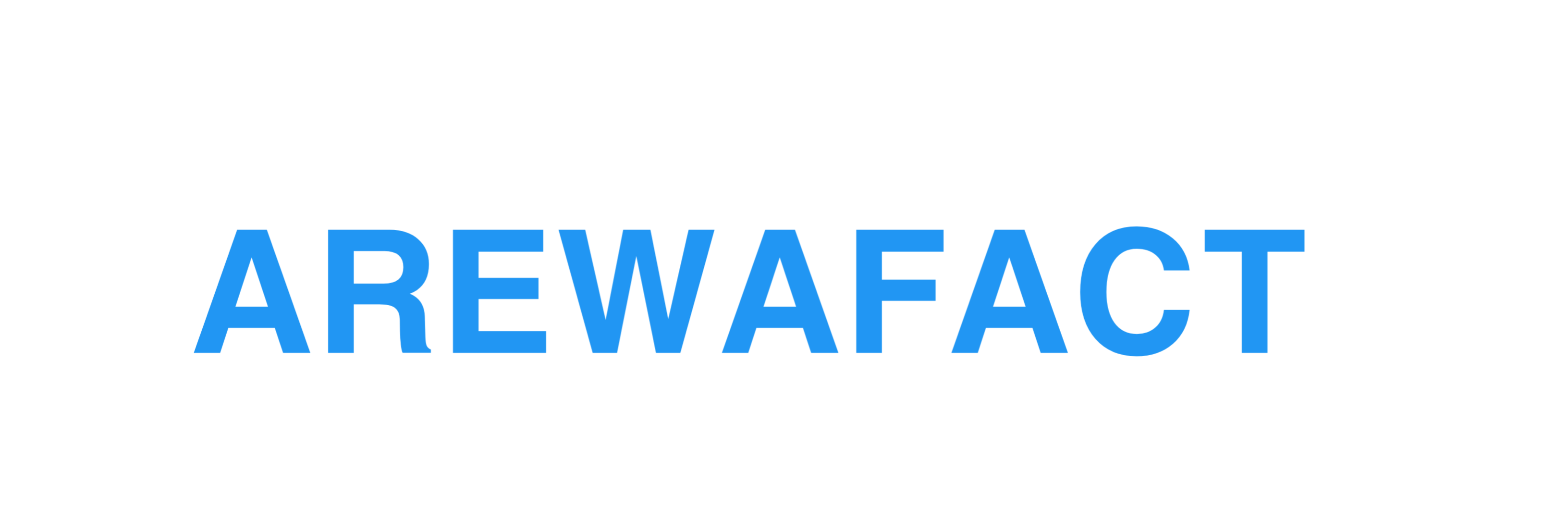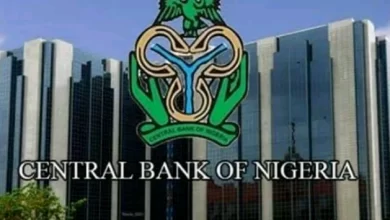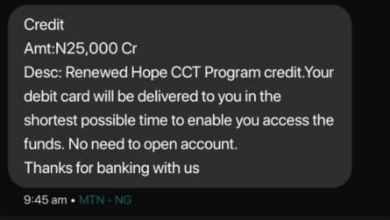IMF to FG: Cash transfer Programme Update And Fuel, Electricity subsidies
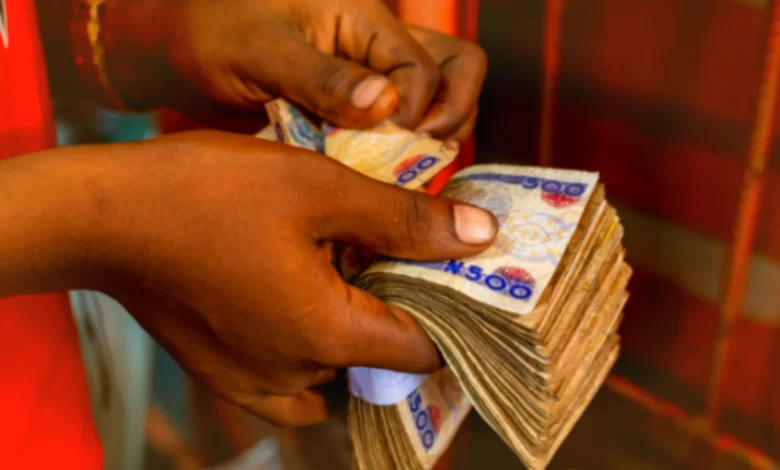
IMF to FG: Cash transfer Programme Update And Fuel, Electricity subsidies
Cash transfer Programme Update: The Nigerian government has been urged by the International Monetary Fund (IMF) to give complete execution of its cash transfer program for poor households priority.
Before the government reevaluates the expensive gasoline and energy subsidies, this step is essential.
The IMF states that the social safety net program, which was created to provide cash transfers to the underprivileged and vulnerable, must run at maximum efficiency. This strategy makes sure that the population’s most economically disadvantaged groups are protected while the government considers making changes to the current system of fuel and energy subsidies.
This suggestion was made against the backdrop of the IMF’s worries expressed in a statement following a recent visit by a team headed by Axel Schimmelpfennig, the head of the IMF mission in Nigeria, over the financial obligations resulting from the current practice of subsidizing gasoline and power.
The statement claims that Nigeria would have to pay up to 3% of its GDP in fiscal costs in 2024 if gasoline pump prices and energy tariffs are kept below their recovery costs.
The delegation met with important Nigerian officials in Lagos and Abuja from February 12 to February 23, 2024, as part of the 2024 Article IV Consultations.
Part of the statement said:
“Recent increases in oil output and money collection are positive signs. Nigeria’s government’s capacity to respond to shocks and advance long-term development is hampered by inadequate revenue mobilization.
With the naira’s depreciation, non-oil tax collection increased by 0.8% of GDP in 2023. Because of increased security, oil production in January reached 1.65 million barrels per day. Fiscal costs associated with restricting gasoline pump prices and power tariffs below cost recovery might reach 3% of GDP by 2024.
“The government must first fully implement the recently approved targeted social safety net program, which will give cash transfers to vulnerable households before it can address expensive, implicit fuel and electricity subsidies in a way that will ensure low-income households are protected.“
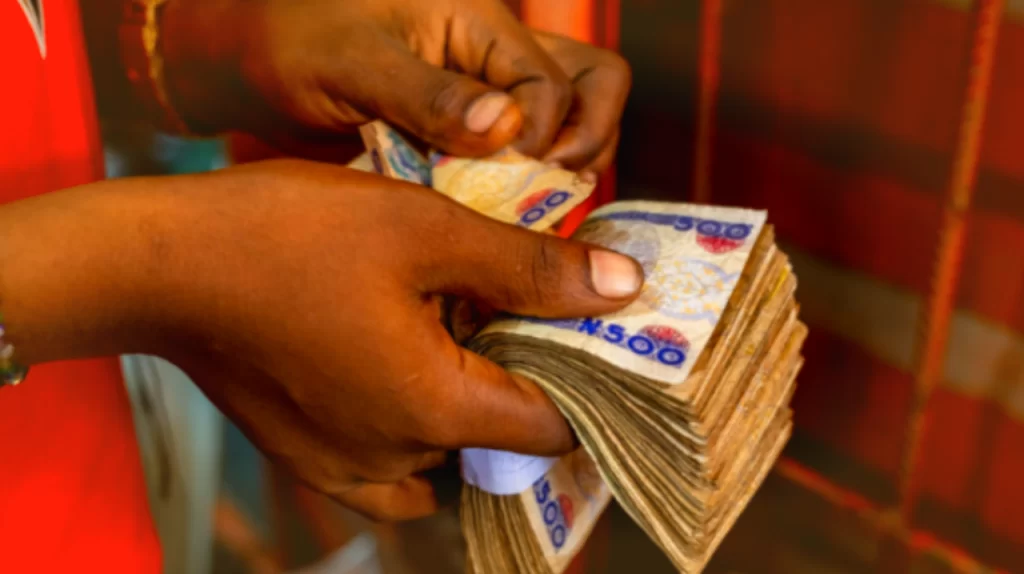
GDP growth of 3.2% in 2024
According to the IMF, Nigeria’s economy expanded by 2.8% in the fourth quarter of 2023, but this growth was not nearly fast enough to keep up with population trends.
The Fund also predicts that higher oil production and expected improved harvests will help boost GDP growth to 3.2% in 2024. But obstacles including high inflation, the depreciating value of the naira, and the requirement for stricter monetary regulations are anticipated to be major obstacles.
Regarding social protection and food security
The IMF delegation complimented the Nigerian government during their visit for tackling food insecurity, which affects about 8% of the country’s population.
The group also recognized that a focused social safety net initiative that aims to give cash transfers to homes in need has been approved. This move is viewed as a step in the right direction towards stabilizing the economy, together with gains in oil production and revenue collection.
The IMF did, however, stress how urgently Nigeria must address the financial effects of gasoline and energy subsidies. The Fund recommended that to adequately safeguard low-income households, the recently approved social safety net program should be completely implemented before addressing these expensive subsidies.
On MPR
The Monetary Policy Committee’s (MPC) decision to tighten monetary policy even further by raising the policy rate by 400 basis points to 22.75% was also welcomed by the IMF.
This action reflects a cumulative tightening of 1,025 basis points since May 2022 and is intended to relieve pressure on the naira and limit inflation, which reached 29.9% year-over-year in January 2024.
Additional Understanding
The impoverished and disadvantaged in Nigeria have been disproportionately affected by the removal of gasoline subsidies and other recent policies; these groups would considerably profit from a monthly cash transfer program.
Cash transfers can assist Nigerians escape intergenerational poverty traps, as sluggish economic growth and inflation disproportionately impact the impoverished, according to a previous World Bank report.
In honor of the 2023 International Day for the Eradication of Poverty, President Bola Tinubu initiated a social safety net program last year that will provide N25,000 to 15 million houses over three months.
For the $800 million World Bank loan initiative, the Federal Ministry of Humanitarian Affairs and Poverty Alleviation is in charge of implementation.

The Federal Government was forced to halt the cash transfer program, nevertheless, to conduct additional research and restructure it in light of accusations of irregularities.
Due to the theft of N585 million intended for the distribution of palliative care, Betta Edu was already suspended from her position as minister of humanitarian affairs.
The EFC is also looking into Sadiya Umar-Farouq, Edu’s predecessor. An alleged N37.1 billion in money laundering occurred while the former minister was being investigated.
Recently, the Federal Government announced that direct payments would be implemented immediately as part of a redesigned cash transfer scheme to prevent fraud.
